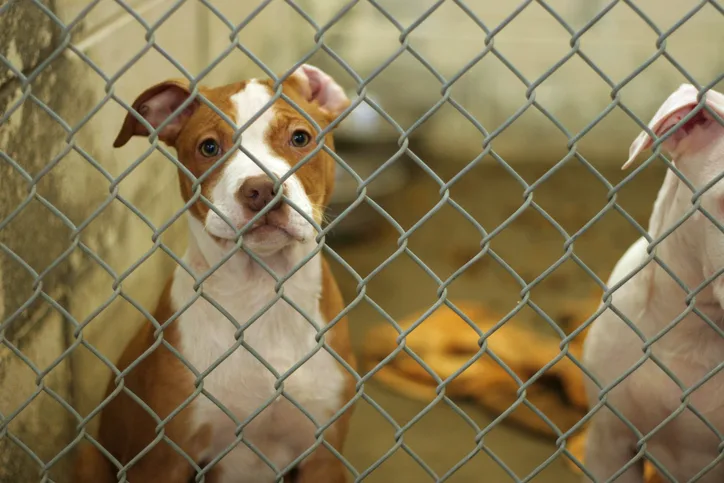Practice Life
Explore practical perspectives from peers and experts for navigating the social and professional challenges veterinarians face in the practice and beyond.
53m:18s
Ep. 360
These critical “surprises” can really throw a day off. Dr. Boatright shares her practical approach to handling emergency cases, even when you’ve got a smaller team and a fuller schedule.
Topics In Practice Life
Poll
Brought to You by Elanco

Quiz
Brought to You by Elanco

New in Practice Life
Get more clinical guidance with Standards of Care™
From the team that brings you Clinician’s Brief, extend your knowledge with expert-written, peer-reviewed diagnostic and treatment guidance as well as pet owner education and all the reliable drug information you love in Plumb’s.




